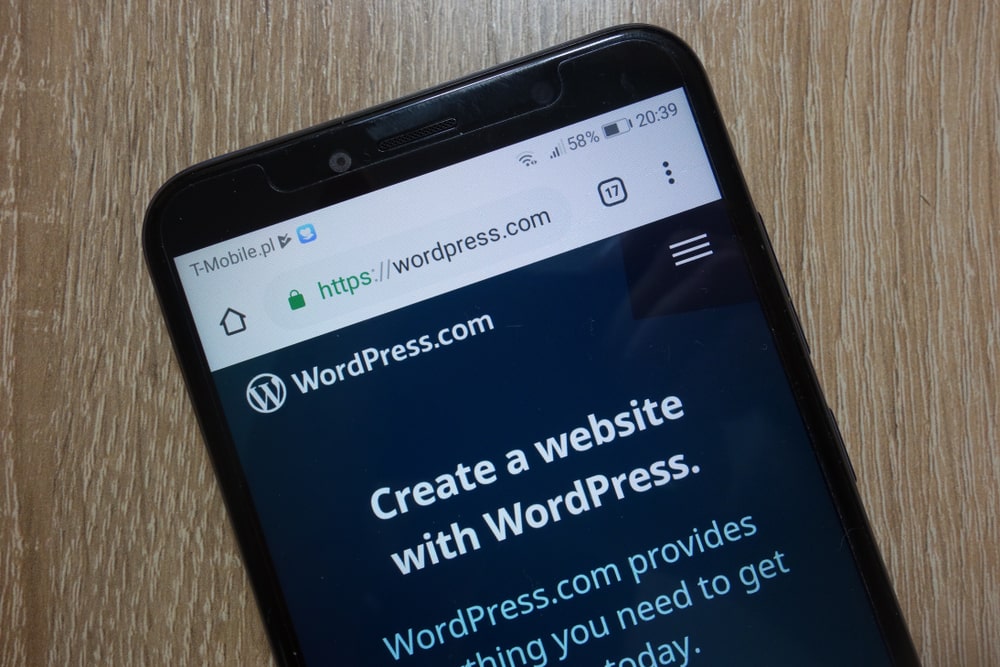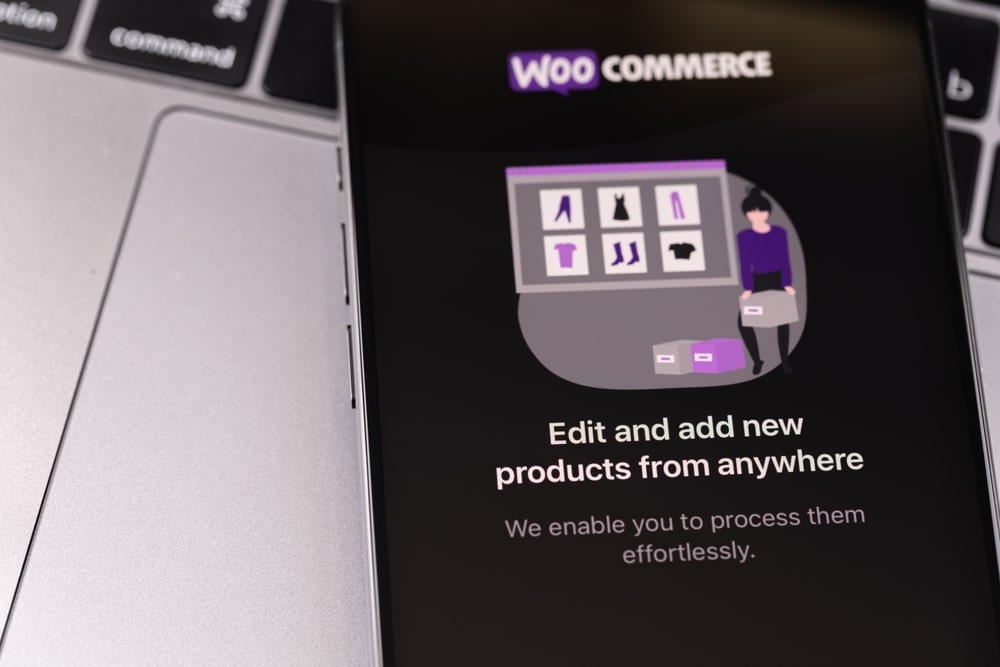Artificial intelligence (AI) is no longer a futuristic buzzword – it’s a transformative technology shaping how businesses operate online. From personalised user experiences to advanced analytics, AI has become an essential part of modern websites. In 2025, investing in AI could mean the difference between staying ahead of your competition or falling behind.
But how much money should you allocate to AI in your website budget? While the answer depends on your business goals, website complexity, and the tools you choose, this guide will help you navigate the options and make an informed decision.
1. Why Invest in AI for Your Website?
Before considering the cost, it’s crucial to understand why AI is worth the investment. AI-powered tools can:
- Improve user engagement by tailoring content and recommendations.
- Automate repetitive tasks, saving time and resources.
- Enhance customer service with 24/7 chatbots and personalised support.
- Provide advanced analytics for better decision-making.
Whether you’re running an ecommerce store, a corporate website, or a blog, AI can streamline operations and drive measurable results.
2. Breaking Down the Costs of AI
The cost of integrating AI into your website varies depending on the level of sophistication and your business size.
Here’s an overview of typical AI spending:
| Business Type | Cost (per year) |
| Small Businesses | £500-£1,500 |
| Growing Businesses | £2,000-£10,000 |
| Large Businesses | £10,000+ |
- Basic AI Features (Small Businesses): If you’re a small business looking to add features like chatbots, basic analytics, or simple automation tools, expect to spend between £500 and £1,500 per year.
- Mid-Tier AI Solutions (Growing Businesses): For businesses that require more advanced capabilities – such as personalisation engines or integration with CRM systems – the budget may range from £2,000 to £10,000 annually.
- Enterprise-Level AI (Large Businesses): Larger organisations often need bespoke AI solutions, which can cost more than £10,000 annually but it’s worth the extra investment. This includes machine learning models and fully automated systems tailored to specific needs.

3. Key AI Tools to Consider in 2025
To budget effectively, consider the AI tools that align with your website’s objectives.
- AI-Powered Chatbots: Modern chatbots are far more advanced than their predecessors. Powered by AI, they offer human-like interactions, handle complex queries, and integrate with your CRM. Costs range from £30 per month for basic tools to £500 or more per month for sophisticated solutions.
- Personalisation Engines: Tools like Dynamic Yield or Optimizely deliver tailored content to users based on their preferences, location, and browsing behaviour. These typically cost between £1,000 and £5,000 annually, depending on the traffic volume and feature set.
- AI for SEO and Analytics: Platforms like Clearscope or Semrush now incorporate AI to analyse keywords, optimise content, and provide actionable insights. Expect to pay £100 to £300 per month for these tools.
- Custom AI Development: Bespoke AI solutions are ideal for businesses with unique needs. While initial development costs can exceed £10,000, the long-term benefits often outweigh the expense, offering highly tailored functionalities.
4. WordPress Websites and AI Integration
WordPress powers over 40% of websites globally, making it a popular choice for businesses of all sizes. Its vast ecosystem of plugins allows seamless AI integration, often at an affordable price point.
Here are some WordPress-specific AI tools to consider:
- AI-Powered Content Creation: Plugins like Bertha AI assist in generating high-quality content directly within WordPress, saving time and improving consistency. Costs range from £20 to £100 per month.
- SEO Automation: Tools like Yoast SEO Premium or Rank Math Pro use AI to optimise content, identify ranking opportunities, and manage sitemaps. Annual subscriptions start at around £80.
- Chatbots for WordPress: Solutions like WP-Chatbot integrate directly with your site to provide automated customer support. Prices start at £30 per month.
- Backup and Security Automation: Plugins like Jetpack or UpdraftPlus automate essential functions like backups and malware scans, with plans starting from £50 per year.
- Advanced Analytics: Integrations with AI-powered tools like Google Analytics 4 provide real-time data and actionable insights, helping you make data-driven decisions.

5. Factors That Influence Your AI Budget
Several factors will determine how much you should spend on AI for your website:
- Website Size and Complexity: A small, single-page website may only need basic AI tools, whereas a complex ecommerce platform requires more robust solutions.
- Industry Standards: Different industries have varying levels of AI adoption. For example, retail websites often require advanced personalisation, while service-based businesses may prioritise chatbots and analytics.
- Traffic Volume: Higher traffic often means higher costs for tools that charge based on the number of users or actions processed.
- Business Goals: Are you looking to improve conversions, enhance customer service, or automate backend tasks? Prioritising your objectives will help allocate resources effectively.
6. Calculating ROI from AI Investments
AI is not just an expense – it’s an investment with the potential for significant returns. To ensure you’re getting value for money, track these metrics:
- Customer Engagement: Measure improvements in user interaction, such as longer session durations or reduced bounce rates.
- Conversion Rates: Assess whether AI tools like personalisation engines lead to increased sales or lead generation.
- Cost Savings: Calculate how much time and money you save by automating repetitive tasks.
- Customer Retention: AI-powered personalisation and support can improve loyalty and repeat business.
By focusing on these metrics, you can optimise your AI spending to deliver measurable results.
7. Trends to Watch in 2025
The landscape of AI is constantly evolving. In 2025, businesses should prepare for AI trends like:
- Voice Search Optimisation: AI tools are increasingly being used to optimise websites for voice search, catering to the growing number of users relying on smart speakers and mobile assistants.
- Hyper-Personalisation: With advanced data analytics, AI will move beyond basic recommendations to offer highly nuanced, individualised experiences.
- Predictive Analytics: AI tools that forecast user behaviour and market trends will become more accessible, helping businesses stay ahead of the curve.
- No-Code AI Tools: These platforms will enable businesses without technical expertise to integrate AI solutions, lowering the barrier to entry.

Conclusion
Investing in AI for your website in 2025 is no longer optional – it’s essential for staying competitive in a fast-paced digital environment. The amount you should spend depends on your business’s needs, size, and goals.
For small businesses, a modest investment of £500–£1,500 annually can unlock basic but impactful tools. Growing businesses should allocate between £2,000 and £10,000 for advanced capabilities, while enterprises with complex needs may need to invest upwards of £20,000.
By focusing on ROI, choosing scalable tools, and keeping up with emerging trends, your AI investment can transform your website into a powerful, efficient, and customer-focused platform. Don’t just keep up – use AI to lead the way in 2025.




